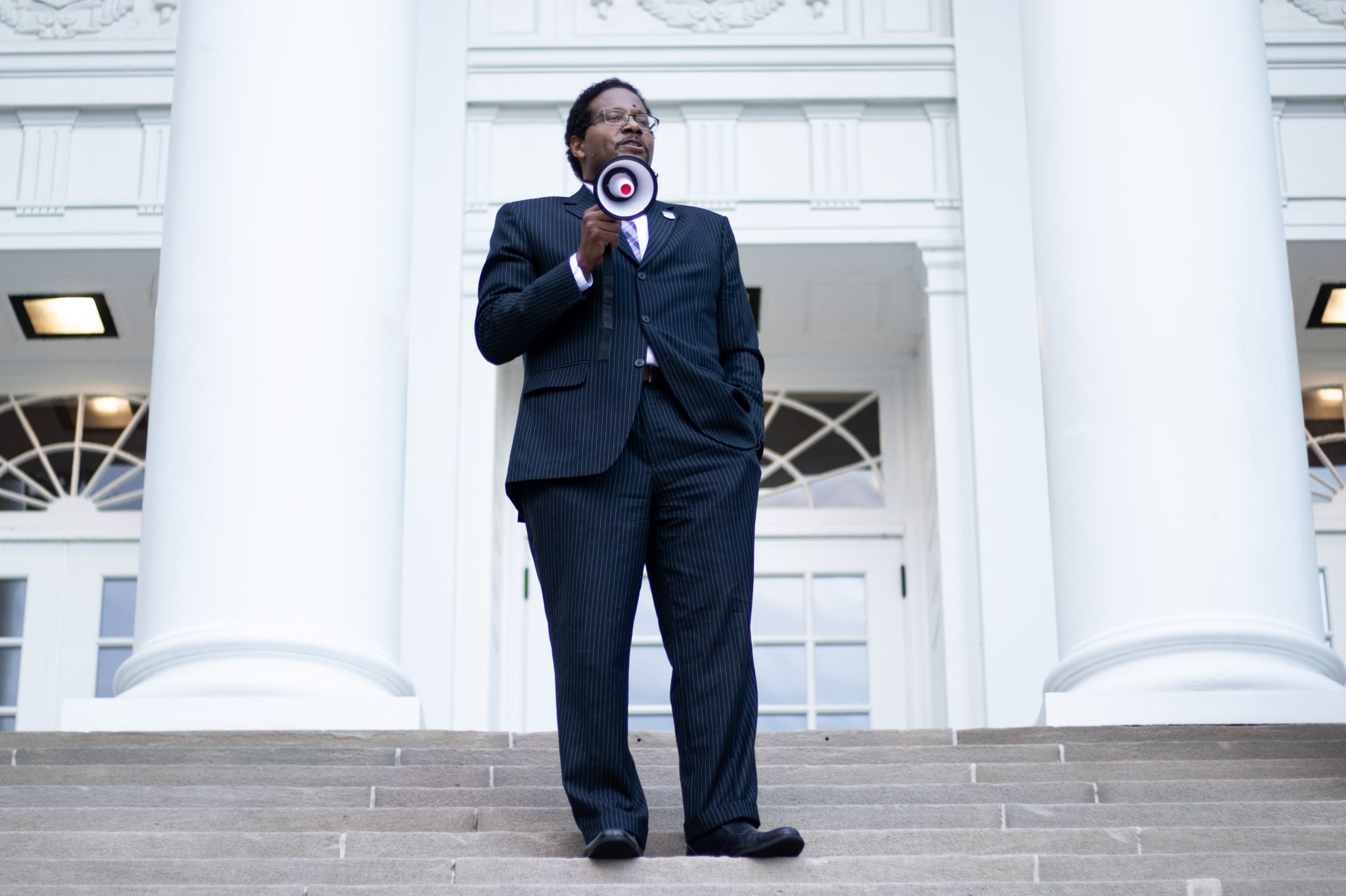Views expressed in opinion columns are the author’s own.
Eight months into this pandemic, and it’s getting hard to remember what “normal” life was like before COVID-19 disrupted every facet of it. Remember when we had hope that school would be normal in the fall? As lovely as that would be, things aren’t going to magically go back to normal once 2020 ends.
Instead of leading students on about what the next semester might look like, the University of Maryland needs to stop pretending things will drastically change and instead start being pragmatic.
Last Friday, George Washington University declared that courses for its spring semester will remain mostly online. It may be one of the first universities in the country to make such an announcement, but it won’t be the last. The university may have made its call too soon, but at least it was realistic with its students about how COVID-19 will continue to delay “normal” life. It’s time this university does the same and accepts COVID-19 as the new normal in order to be proactive about communications and plans for the spring semester.
According to a Sept. 17 statement from the registrar’s office, this university won’t announce its plans for spring semester classes until Dec. 4. Until that fateful day rolls around, it’s a guessing game as to what this university will decide. What is certain is radio silence from this university in the meantime.
The decision to remain virtual or not won’t happen overnight; it’ll be the product of months of analysis and deliberation. So why should students only hear from this university at the tail end of its decision-making process? By being proactive and keeping students in the loop, this university could demonstrate that it values its relationship with students.
I certainly don’t envy the individuals who have to plan out next semester and make the difficult decision of whether to remain virtual. But is it too much to ask for consistent and clear communication about plans for next semester? Each week, students receive lengthy emails from the Division of Student Affairs, filled with chipper updates and different events happening on the campus. If this university is capable of sending emails promoting university-sponsored events and activities, it has more than enough bandwidth to send students updates about more important decisions.
It’s reasonable to expect the university will take a long time to decide how to proceed with next semester. I don’t expect the administration to rush its decision-making process, but it would clearly be beneficial if it regularly kept students informed on where it is in the process and what factors it’s weighing.
This university could solve so many of its problems by just being transparent and honest with its students. In the past few years, this university has undergone a multitude of scandals exacerbated by terrible messaging that comes too little too late. Administrators’ response to the death of Jordan McNair sowed confusion and anger on campus, and the school’s withholding of information related to mold in dorms and an adenovirus outbreak only drew even more criticism.
There’s no reason this has to continue — being open about what next semester will look like would be a good place to start improving communication with students during crises.
It’s still too early to know exactly what spring 2021 holds. But regardless of whether classes remain virtual, students have the right to clear, open communication from this university. Pandemic or not, this university owes us at least that much.
Maya Rosenberg is a junior journalism and public policy major. She can be reached at maya.b.rosenberg@gmail.com.



